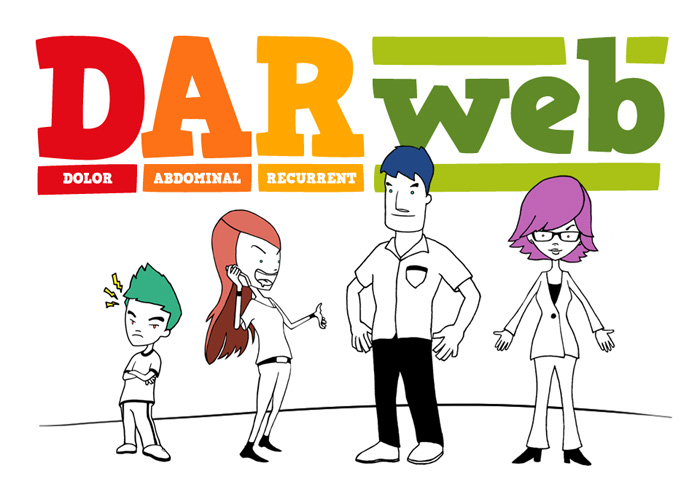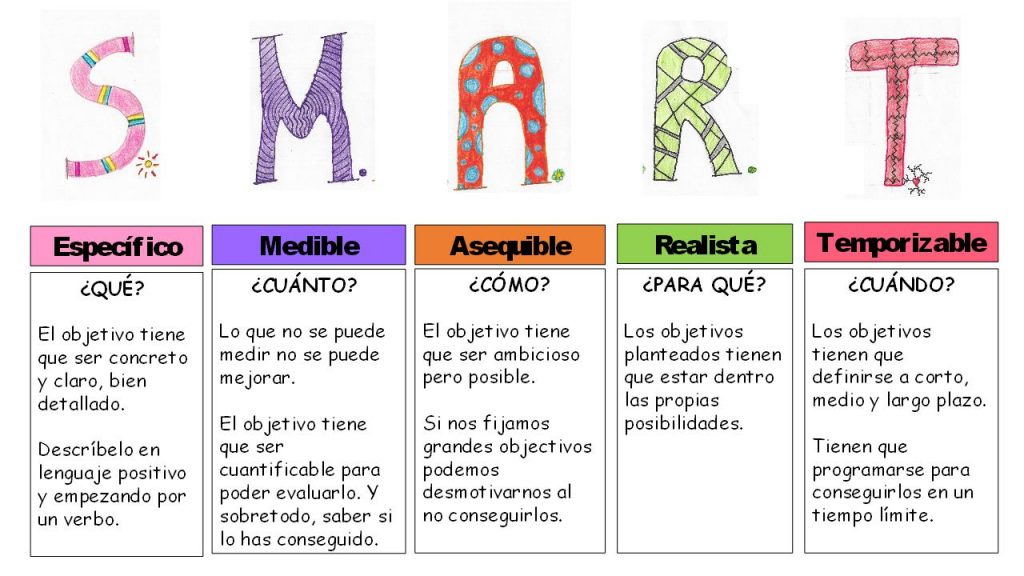However, there is scientific evidence of the usefulness of cognitive-behavioural therapy, which consists basically of an intervention centred on the recognition of feelings and emotions and the acquisition of skills to cope with the negative effects of these.

As we explained, it is often enough to know “Basic ideas for coping with RAP”. At other times, though, psychosocial intervention is needed. DAREmpordà support an online educational intervention based on what is known as cognitive-behavioural therapy that has been developed by a group of researchers from the Universitat Oberta de Cataluña (UOC). The name of this intervention is DARWeb, and it has proven to be a useful tool in many cases of RAP.
This intervention teaches families several strategies that may help them to continue with their activities despite the pain. Some of these are:
1. Set goals: you have to think in terms of how you want your life to be beyond whether or not there is pain, which is why it can help to set goals specifying the things you want to achieve. Follow the advice in the image; the goals should be SMART.
2. Think positively: when there is a problem of recurrent pain, negative thoughts often appear in children and parents that can worsen the pain. Identifying these thoughts, challenging them and replacing them with more positive ones can help you to cope better with the
3. Relaxation: stress (nerves) can often make the pain increase. For this reason, getting your child to relax can be a good strategy.
4. Distract yourself when there is pain : if your child is distracted when the pain appears, he or she will pay less attention to it and will probably feel it less intensely.
In addition, we trust and rely on the support of psychologists from the Centre for Child and Adolescent Mental Health (CSMIJ) for serious and/or persistent cases that are considered to need treatment in person.
